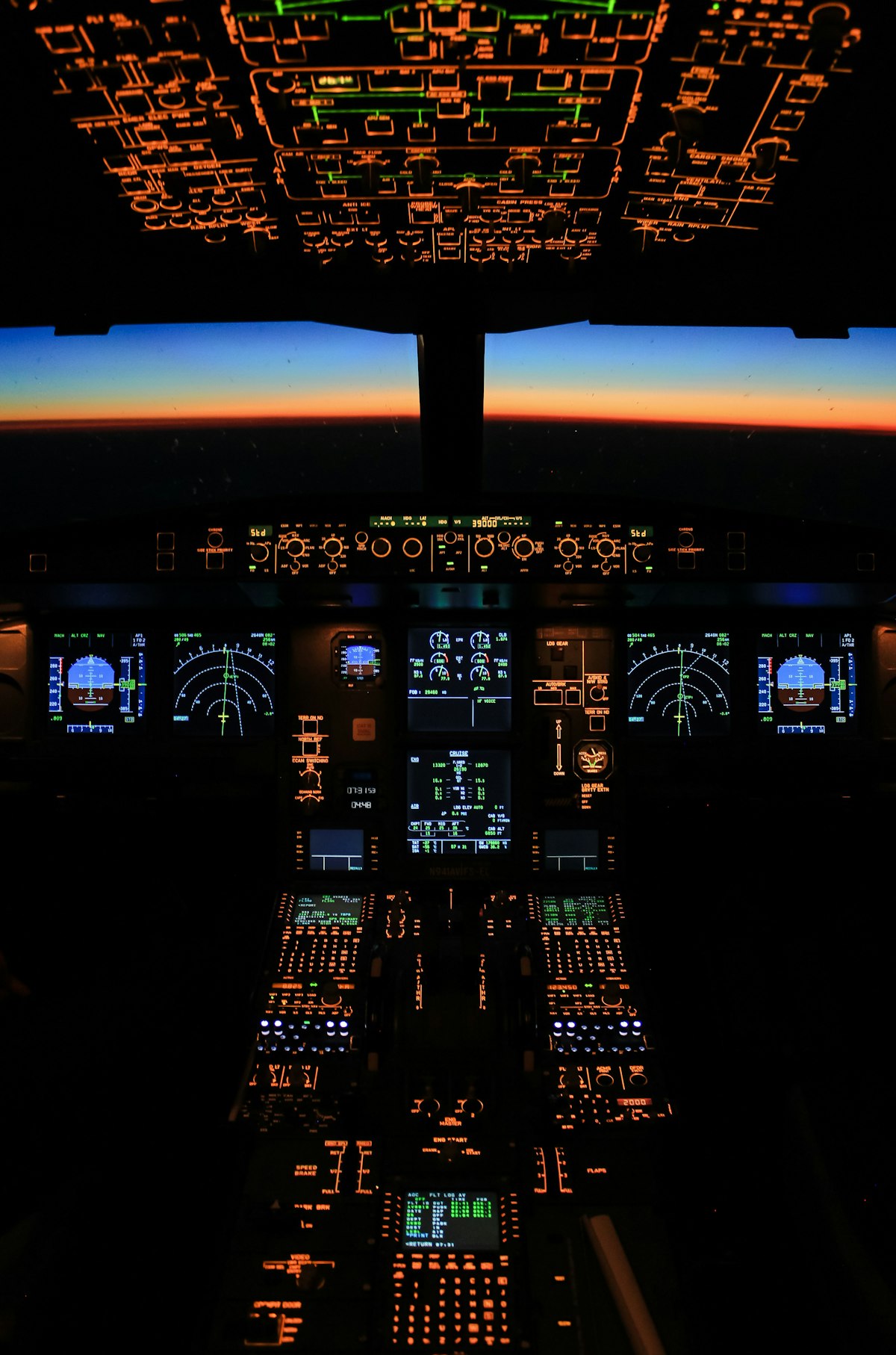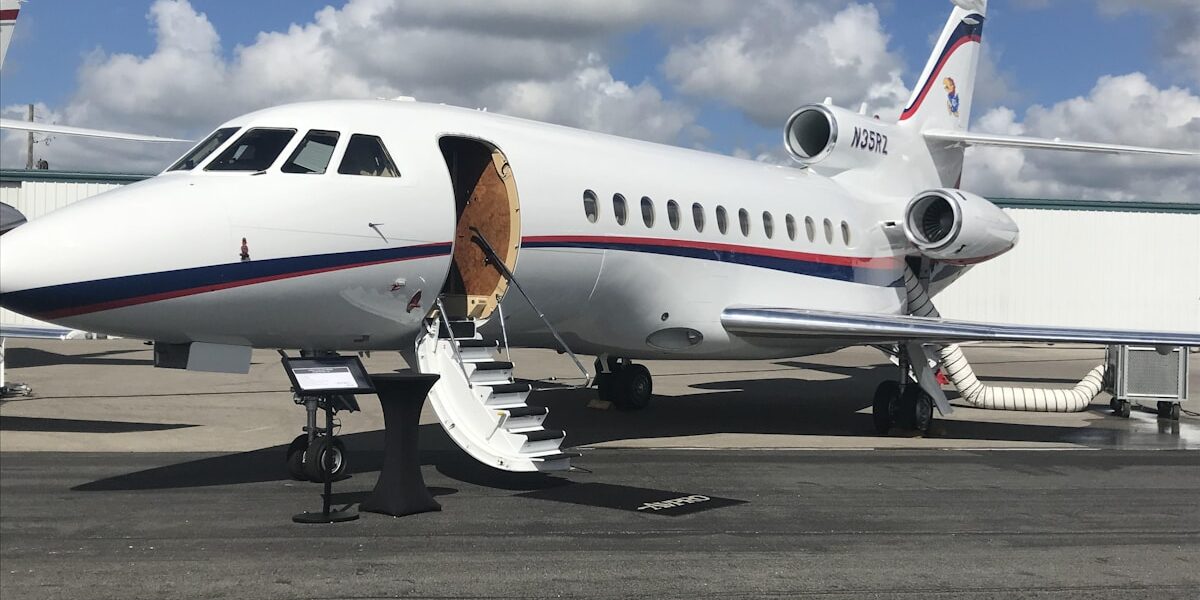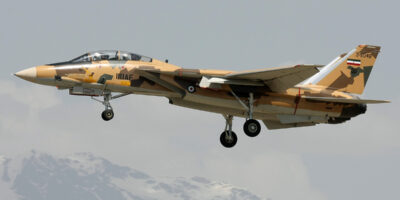Ground Control: How Mission Teams Keep Spacecraft on Track
I was watching a documentary about the Apollo 13 mission a while back — the real NASA footage, not the Tom Hanks version — and there’s this moment where the flight director is staring at a wall of screens, cigarette in hand, making decisions that will determine whether three astronauts come home alive. That image stuck with me. Ground control isn’t just a David Bowie song. It’s one of the most high-stakes jobs in human spaceflight, and it doesn’t get nearly enough attention.

Space mission operations has gotten complicated with all the new commercial players and international partnerships flying around. But the fundamentals of ground control haven’t changed as much as you might think. Let me walk you through how it all works.
Communication Networks
Everything starts with communication. Ground control relies on networks of ground stations spread around the globe, each equipped with big antennas that can receive faint signals from spacecraft and transmit commands back. NASA’s Deep Space Network is the most famous example — it has stations in California, Spain, and Australia, positioned so that at least one station can always reach a distant spacecraft regardless of Earth’s rotation.
The constant flow of data between ground and space is the lifeline of any mission. Lose communication and you’re flying blind. I talked to a former flight controller once who described a comms dropout during a shuttle mission as “the longest forty seconds of my life.” Even brief gaps are nerve-wracking when you’re responsible for a vehicle traveling at 17,000 miles per hour.
Real-Time Monitoring
Ground control teams track spacecraft position, velocity, and trajectory in real time using sophisticated software. They’re watching for any deviation from the planned path — even tiny ones. Probably should have led with this, but real-time monitoring is really the core job. Everything else supports it.
If something drifts off course, they need to catch it fast. A small error at orbital speeds compounds quickly. Teams run constant comparisons between predicted trajectory and actual telemetry data, and when something doesn’t match, alarms go off and people start talking very quickly and very calmly at the same time. It’s a strange skill, that calm urgency.
Data Analysis
A massive chunk of ground control work involves analyzing telemetry — the stream of data the spacecraft sends back about its systems and environment. Temperature readings, power levels, fuel quantities, sensor outputs, structural loads. Teams of specialists each monitor their domain. The electrical power guys watch battery levels and solar panel output. The thermal team watches temperatures. The guidance team watches navigation data.
When an anomaly shows up in the data, the analysis has to happen fast. Is it a sensor glitch or a real problem? If a system is actually malfunctioning, ground control works through predefined procedures to isolate the issue and develop a fix. Sometimes that means uploading new software. Sometimes it means telling the crew to flip a switch. Sometimes it means redesigning the rest of the mission on the fly.
Command and Control
Sending commands to spacecraft isn’t like clicking a button on your laptop. Commands are carefully prepared, verified, and transmitted during specific windows when the spacecraft is in range of ground stations. Timing has to be precise. For deep space missions, there’s a significant light-speed delay — commands to Mars take anywhere from 4 to 24 minutes to arrive. You can’t exactly joystick a Mars rover in real time.
This is where mission planning and command procedures intersect. Every command sequence is reviewed, often by multiple people, before it’s sent. The consequences of a wrong command can range from wasted time to mission-ending failure.
Mission Planning
Mission planning doesn’t stop at launch. Ground control continuously updates the mission timeline based on real-time data. They schedule scientific experiments, plan communication windows, manage power budgets, and adjust for unexpected situations. It’s a living document that changes constantly.
I find the planning aspect fascinating because it requires balancing scientific objectives against vehicle limitations and crew needs (for crewed missions). You might want to run an experiment, but if the power budget is tight that day because of spacecraft orientation, it gets bumped. Everything is a tradeoff.
Collaboration and Coordination
A mission control room is a team sport. Engineers, scientists, flight dynamics experts, communication specialists, medical officers (for crewed missions) — they all sit in the same room and work in real time. That’s what makes ground control endearing to space enthusiasts — it’s one of the few places where all these disciplines come together with genuine life-or-death stakes.
Regular shift handoffs, briefings, and coordination meetings keep everyone aligned. If the thermal team spots a trend that might affect the power team’s plan, they need to flag it immediately. Silos don’t work in mission control.
Emergency Response
Emergencies happen. System failures, micrometeorite impacts, software glitches, medical issues on crewed missions. Ground control teams train extensively for these scenarios through simulations — some of which are deliberately designed to be nearly impossible to solve. The thinking is that if you can handle the worst-case simulation, the real emergencies will feel manageable.
Apollo 13 is the textbook example of emergency response done right. The ground team improvised solutions using only what was available on the spacecraft, and they did it under enormous time pressure. Modern mission control still studies that response as a model for crisis management.
Supporting Astronauts
For crewed missions, ground control monitors astronaut health, manages supply inventories, and supports experiments conducted aboard the spacecraft or space station. They’re also a psychological lifeline — astronauts are isolated in a hostile environment, and knowing there’s a team of hundreds backing them up on the ground matters more than people realize.
The communication goes both ways. Astronauts provide observations and feedback that ground teams can’t get from telemetry alone. A crew member saying “something doesn’t feel right about this thruster” might trigger an investigation that catches a problem before it becomes serious.
Training and Simulation
Ground control teams spend an enormous amount of time in simulation before missions. These simulations cover everything from routine operations to cascading system failures. The sim supervisors (known as “SimSups” at NASA) are notoriously creative about inventing problems. Their whole job is to break things and see how the team responds.
I’ve heard stories about SimSups throwing three or four simultaneous failures at a team during certification runs. Brutal, but effective. When the real mission happens, the team has already dealt with worse — at least in theory.
How Technology Has Changed Things
Modern ground control benefits from vastly better computing power, software, and communication systems compared to the Apollo era. Automated monitoring systems can flag anomalies that a human might miss. AI-assisted tools help with trajectory prediction and resource management. But the human element remains central. Computers can flag problems, but people make the judgment calls.
A Quick Historical Perspective
Early space missions had remarkably limited ground control capabilities. Mercury missions relied on a chain of tracking stations with minimal computing power. By Apollo, things had improved enormously, but the room still relied on paper procedures and slide rules in some cases. The Shuttle era brought modern computing into the loop. And today’s ISS operations are supported by ground control teams in multiple countries working around the clock.
The progression from Mercury to ISS is essentially the story of ground control growing up alongside the missions it supports.
What’s Coming Next
As missions push further — Moon bases, Mars expeditions, deep space exploration — ground control will have to adapt. Communication delays make real-time control impossible beyond a certain distance. Future missions will likely need more autonomous spacecraft with ground control playing a supervisory role rather than a hands-on one. That’s a big philosophical shift for a discipline built on the idea of constant oversight.
International collaboration will also shape the future. NASA, ESA, JAXA, and commercial operators like SpaceX all have their own mission control approaches, and finding ways to coordinate across organizations and time zones is an ongoing challenge. But if there’s one thing ground control has proven over sixty-plus years, it’s adaptability. The stakes are too high for anything less.



